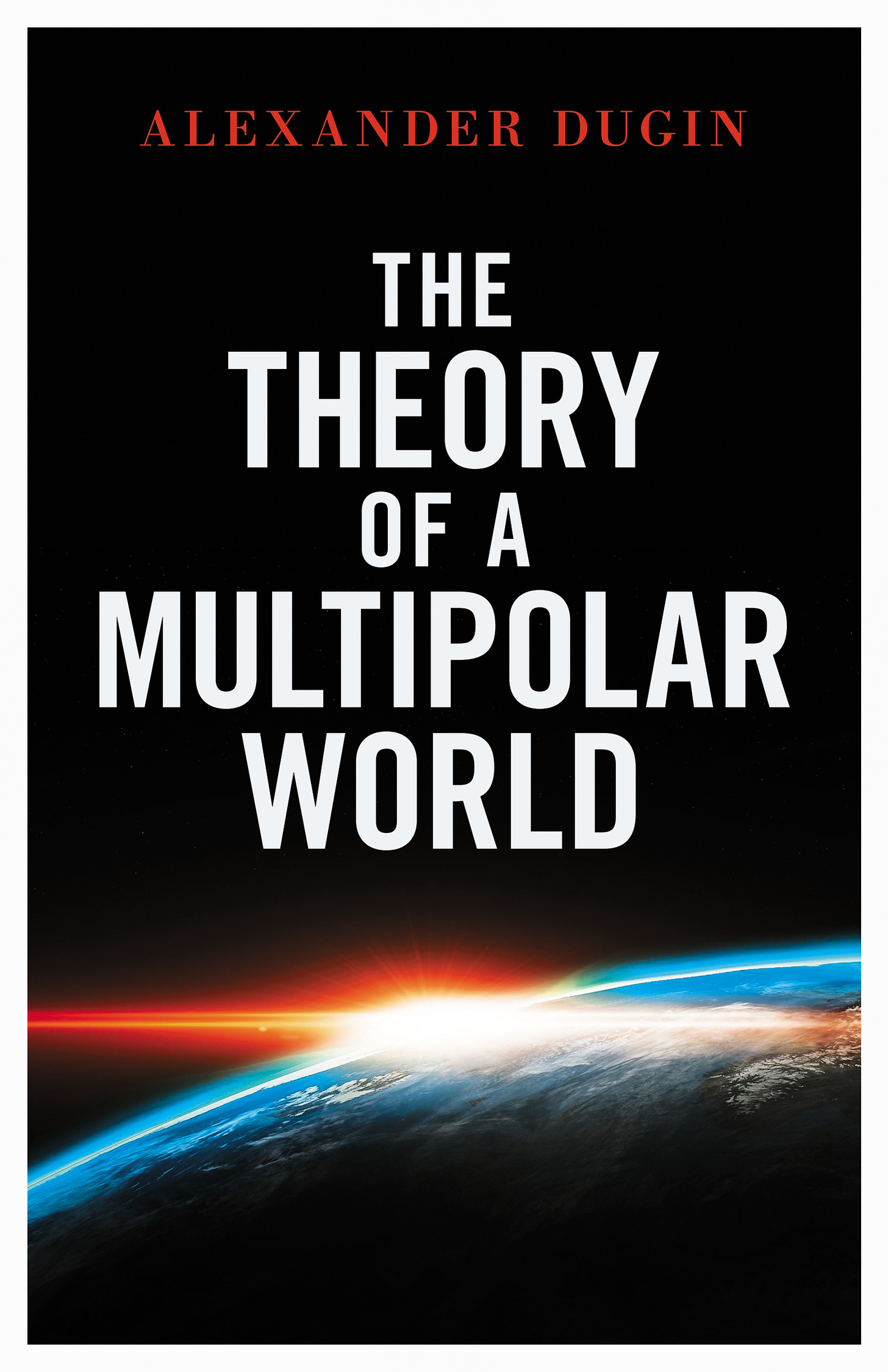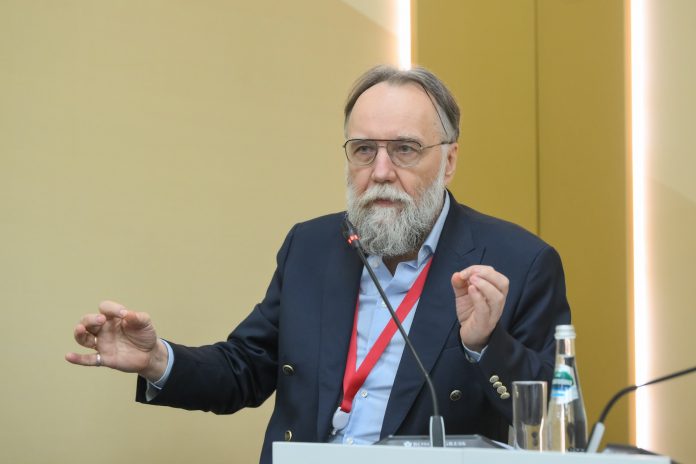In the current world order, there are several levels of uncertainty (indetermination):
1) The Uncertainty of the Phase Transition from Unipolarity to Multipolarity
It is impossible to definitively state whether we are already in a multipolar world or still in a unipolar one. Heidegger’s noch nicht (“not yet”) poses a sharp philosophical question here.
Multipolarity is on the rise, while unipolarity is in decline — but its agony could prove fatal.
The recent desperate and, in some places, successful attacks by globalists against Russia — Ukraine, Georgia, Moldova, Romania, Syria — demonstrate that unipolarity cannot be written off. The dragon of globalism is mortally wounded but still alive.
In international relations, bipolarity was conceptualized by Kenneth Waltz. Even after the collapse of the Soviet Union, he considered China the second pole. Unipolarity was addressed by Robert Gilpin. Multipolarity, meanwhile, has been outlined by Samuel Huntington and Fabio Petito.
2) The Uncertainty in Theoretical Descriptions of Multipolarity
What constitutes a “pole”? Is it a sovereign state (as in the Westphalian system and classical realism)? Or is it a civilization? If the latter, what is the political status of such a cultural-religious concept?
The best answer has been provided by Chinese international relations specialist Zhang Weiwei, who introduced the concept of a civilization-state. President Putin and Russian Foreign Minister Lavrov use this very concept.
A civilization-state is a civilization (with a developed system of traditional values and a distinct identity) organized as a super-state, attracting constellations of peoples and states that share a common civilizational paradigm.
However, today, under the terms “pole” or “center” (in the case of polycentrism), different meanings coexist — ranging from just large and independent states, to civilizations (politically non-integrated), to fully realized civilization-states.
Currently, there are only four complete civilization-states:
- The collective West (NATO land),
- Russia,
- China,
- India.
There are more civilizations: in addition to the four mentioned above, we have the Islamic, African, and Latin American civilizations. These are yet to integrate into super-states.
Meanwhile, the West itself may split into North America and Europe. A potential Buddhist civilization is also possible.
This conceptual uncertainty, combined with the openness of the process by which civilizations and states transform into civilization-states, is compounded by the issue of frontiers.
Frontiers are zones where two or more civilizations overlap, with or without the presence of small-scale sovereign states. These frontiers are a critical element in developing the Theory of a Multipolar World and fall under the second uncertainty.
3) The Third Uncertainty: Trump and His Strategy
Trump is unlikely to embrace multipolarity; he is a proponent of American hegemony. However, he views this hegemony radically differently from the globalists who have dominated U.S. power over recent decades (regardless of whether they were Democrats or Republicans).
Globalists equate military-political dominance and economic superiority with a liberal ideology centered on imposing anti-traditional values globally (including within the U.S.). For them, hegemony is not the dominance of a country but of an international liberal ideological system.
Trump, on the other hand, believes national interests should come first, rooted in traditional American values. In other words, this is right-conservative hegemony, ideologically opposed to the left-liberal approach (Clinton, Bush Jr., Obama, Biden).
It remains unclear how Trumpism will manifest in international relations. It could objectively accelerate the transition to multipolarity, or it could slow it down.
Conclusion
In 2025, we will face all three uncertainties simultaneously. Hence, it is essential to assign the term “uncertainty” the status of an independent and multifaceted concept — one that is key to correctly understanding global processes.
(Translated from the Russian)
Order Alexander Dugin’s The Theory of a Multipolar World here.










Thanks.
From the perspective of a Spenglerian Peasant, Trump is a more pragmatic internationalist/globalist. He seems to have dynastic plans that require a slower pace. The west’s judaicized globohomo civilization won’t be stopped by him. The little hats are still pulling strings. Whites are still being killed at high speed.